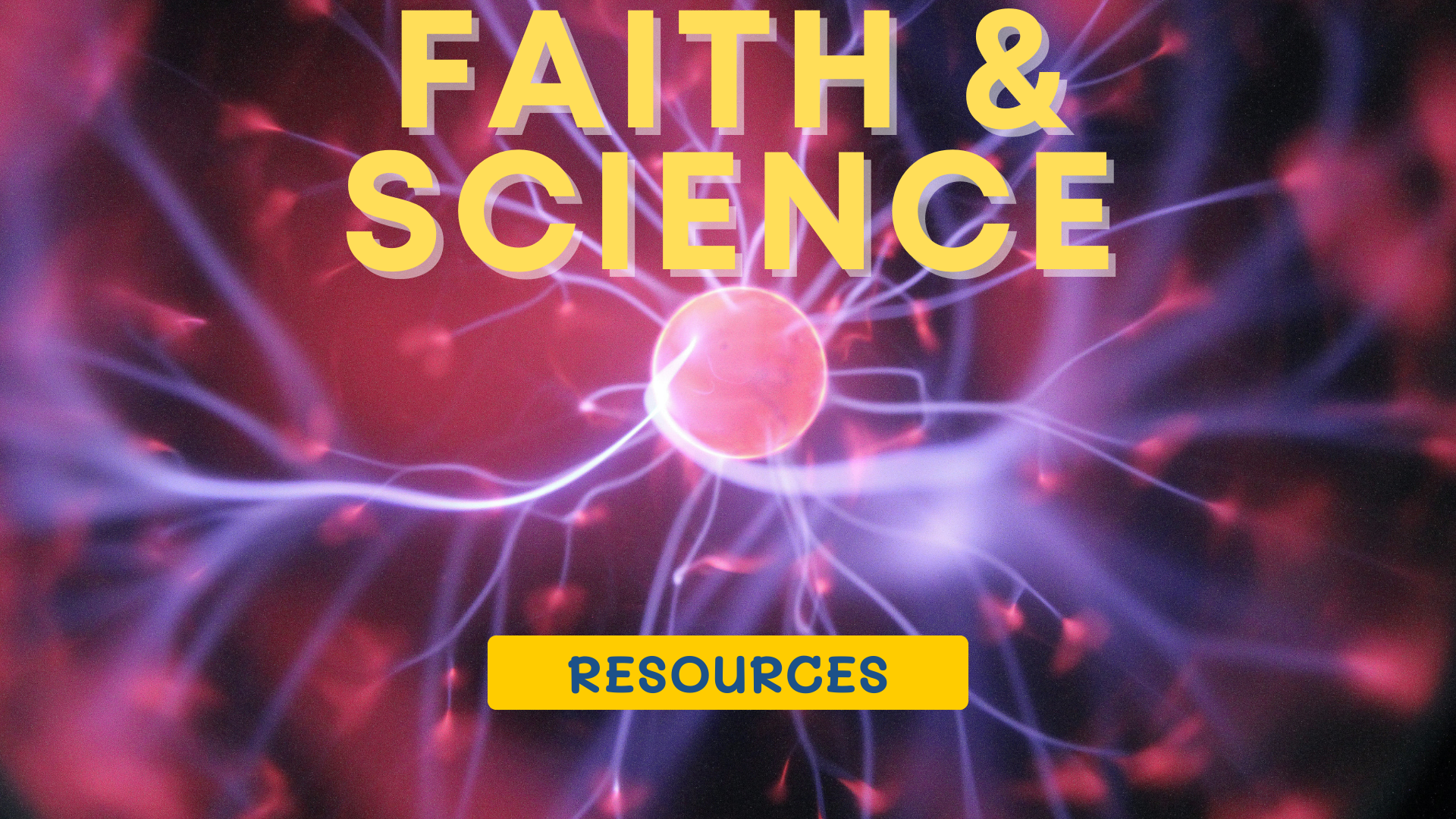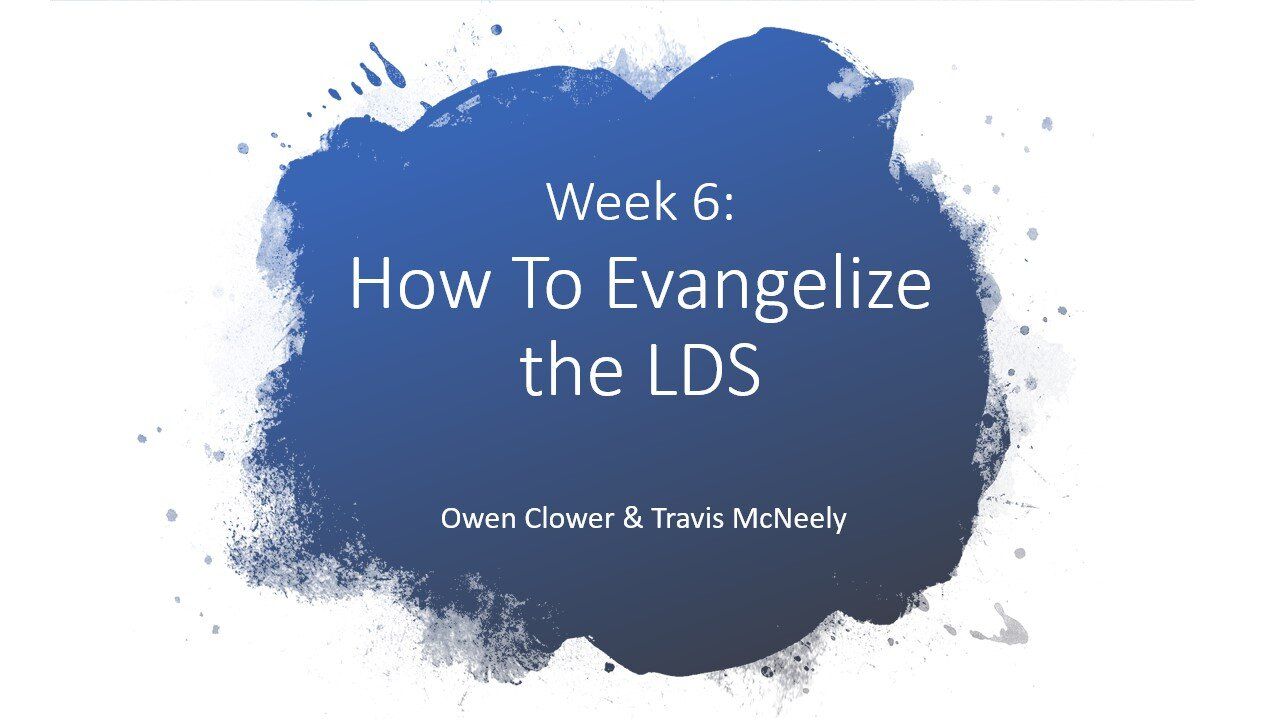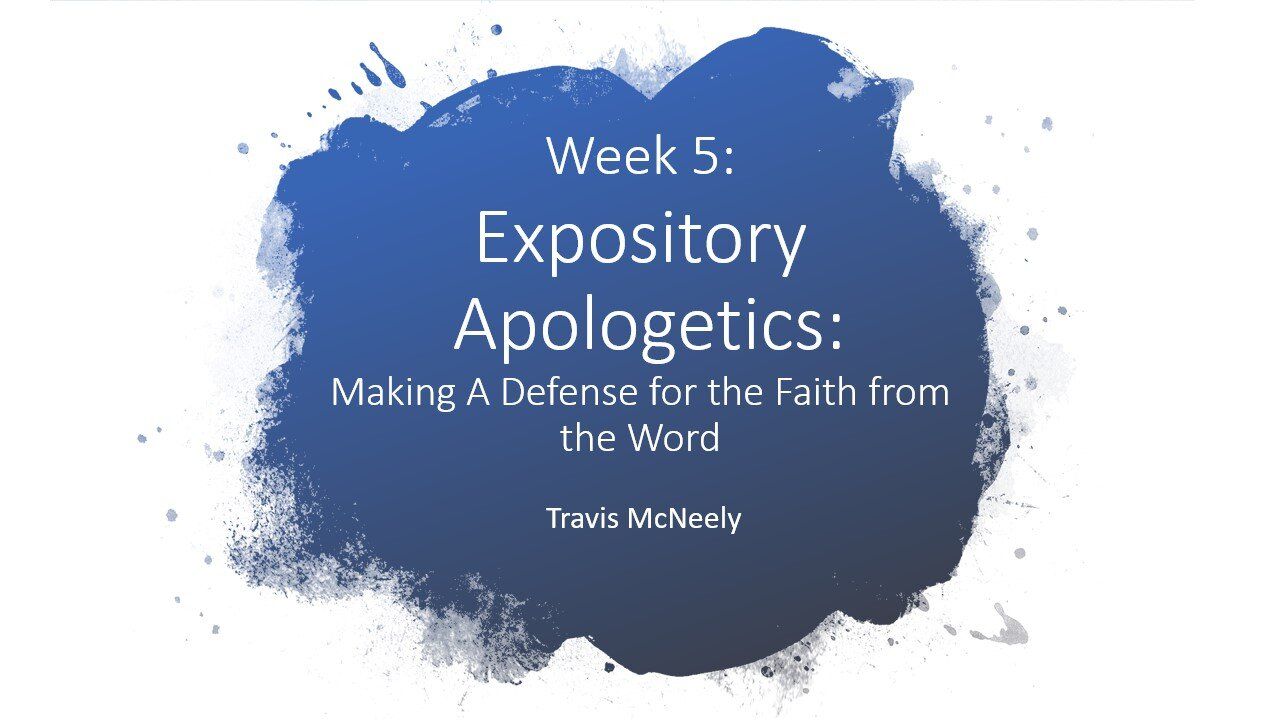The Impact of the CRT Series So Far

A Brief Update on the Series:
For those who have followed the series over the past month, thank you for taking time to watch it, for sharing with others, liking, and commenting on this series. Your questions, encouragement, and at times, disagreements, have been helpful and beneficial to expose this dangerous & false ideology known as Critical Race Theory.
The response to the videos has been great. Over the past month I have gained 300 more subscribers, 615 more watch hours and 5.3k views.
I've had calls for Randy to be interviewed and many have found it to be very beneficial to them. I even received an email from a State Baptist Convention President here in the US, who stated their appreciation for the series.
Great content and appreciate the dedication in investing in a well thought out discussion around a difficult topic.
YouTube Comment
We still have two more videos to release and we may even have some upcoming follow up interviews with Professor Trahan--either on podcasts or on my channel. If you want to reach out to interview professor Trahan send me an email at w.travismcneely@gmail.com.
Remember, my target audience is towards Pastors and Laypeople in the church who are trying to understand CRT and what is happening in evangelicalism. This would be a series particularly beneficial for this subculture group of evangelicals, specifically Southern Baptists.
Please spread far and wide to those who could use it. Be looking for a discussion guide coming soon!
Recent Events:
Recently, the SBC Seminary Presidents have released a statement in the Baptist Press saying that they believe that Critical Race Theory is incompatible with Christianity. This is something many have argued before Resolution 9 became a major problem in 2019. The problem is, they do not go far enough in their statement.
https://twitter.com/TomBuck/status/1333768502864457737?s=20
As you can see in Episode 4 (linked down below), many SBC Professors at various seminaries have taught that CRT is a useful analytical tool. The same language in the seminary presidents statement that "CRT is not to be adopted as an overarching worldview" is the same language of Res. 9, and of these professors.
Matt Mullins, professor of English & History at SEBTS wrong a six part article series coming to the conclusion that Christianity and CRT are compatible. Where is the public statement of retraction or repentance?
You see, not much has actually changed.
The professors who taught these things, still teach at these seminaries. What is required from Scripture when one errs is a clear confession of that specific error. There is no confession of wrongdoing on the part of any of these professors or seminary presidents. And as Christians that should be cause of great concern.
I have no desire to be on a witch hunt. But I desire that the institutions that our Southern Baptist Churches, financed through our Cooperative Program dollars, function with righteous character, displaying integrity and live accountable to those who provide for their existence.
You never confess to a wrongdoing by seeking to cover it up. You confess by naming the sin and the instance where you acted sinfully and repent of it, then bear fruit in keeping with repentance.
This was a truly excellent explanation of what CRT is, and where it comes from. I didn't learn much that I didn't already know, but that is beside the point: The credibility of the speaker, and the objectivity of the presentation, makes this the kind of video I can quite happily share (I have a few friends who appear to be unwitting CRT advocates and, hopefully, this can help them to gain a different perspective).
YouTube Comment
A Call To Action:
Step 1: Please share these videos and subscribe to tune in to Episode 5, which will be the biggest yet--an exegesis of Resolution 9.
Step 2: Reach out to your local state association and spread the word about this series.
Step 3: Show up to the SBC Annual Meeting in Nashville and make your voice heard as a Messenger in 2021.
Episode 1 - A Former Critical Theorist Tells His Story
Episode 2 - What is Critical Race Theory?
Episode 3 - Why is Critical Race Theory Problematic? (9 Reasons).
Episode 4 - Where Do We See Critical Race Theory in Evangelical Institutions?
More to come.....
Episode 5 - Resolution 9 - Can We Use CRT as an Analytical Tool?
Episode 6 - A Clarion Call to uphold the Sufficiency of Scripture
Want To Book Me for Your Event or Conference?
Fill out the form below and we'll be in touch!
Book Travis McNeely
We will get back to you as soon as possible
Please try again later
More posts like this...




